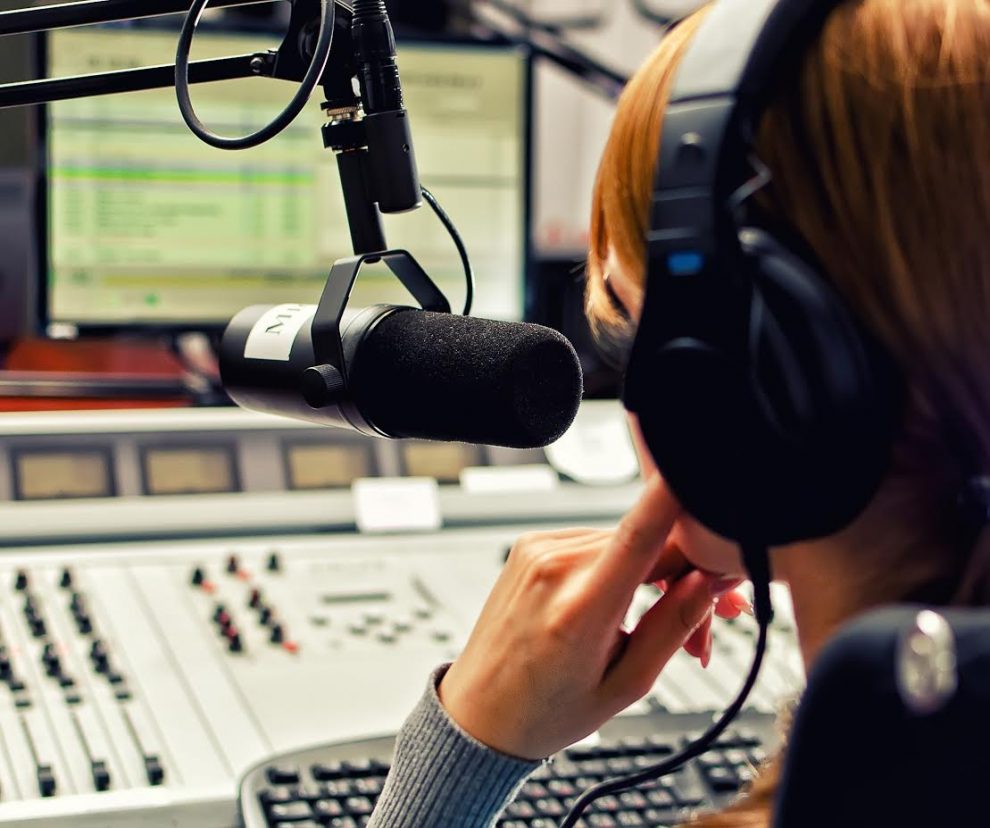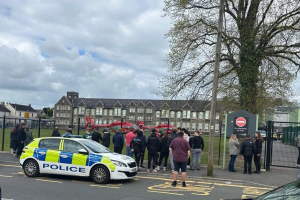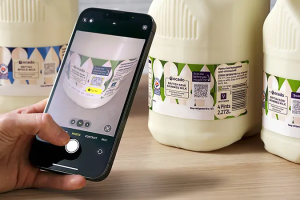A COMMUNITY radio body should be set up to provide practical and effective support for Wales’ network of community radio stations, says a National Assembly for Wales Committee.
A report from the Culture, Welsh Language and Communications Committee, also recommends establishing a closer relationship with the BBC and commercial radio stations to share knowledge, access to resources and help with talent development.
Community radio was introduced following legislation, in order to introduce a new tier of radio broadcasting in the UK, focused specifically on community engagement. There are currently eleven community radio stations in Wales.
Ten stations, Calon FM, Tudno FM, BRfm, Radio Tircoed, Radio Glan Clwyd, Môn FM, Radio Cardiff, Rhondda Radio, Bro Radio and GTFM are already on air with Radio Aber aiming to start broadcasting soon.
The Committee’s short report into community radio in Wales contains a total of eight recommendations and is published based on information gathered during a Community Radio Symposium held on 20 June 2019 at The Atrium in Cardiff.
People from all community stations, academia, commercial radio, the BBC and members of the Committee attended the symposium to discuss a range of issues including where stations could collaborate (both within the community radio sector and with commercial radio/the BBC) and solutions to common problems.
The first recommendation published in the report is that the Welsh Government should fund a community radio body for Wales to offer practical support to stations, perform a representative role and co-ordinate cross station knowledge sharing. Practical support might include performing common tasks for stations like HR, marketing or grant writing.
The body should also help forge links between community stations and commercial and BBC radio, to help volunteers gain experience and develop skills across Wales.
The Committee also recommends that community radio is given access to the output of the BBC’s Local Democracy Reporting Service and are given first refusal with a preferential rate when the BBC sell off equipment they no longer need.
Bethan Sayed AM, Chair of the Culture, Welsh Language and Communications Committee: “During our work into community radio stations in Wales, we discovered the wide range of benefits that these stations provide the communities they serve, as a community link and hyperlocal news provider. They also provide a route for people to gain valuable training and experience in radio, whether they are interested in a career or just want to learn new skills and meet new people.
“Early into the symposium event, we saw for ourselves the value of networking as representatives from one station managed to help another with advice on a long-term technical issue. This affirmed our opinion that radio stations must be given opportunities to share knowledge and help each other. A Community Radio Body, funded by the Welsh Government, would co-ordinate this network and provide much needed practical support for both on-air and non-studio roles.
“We also believe that the sector would benefit greatly from closer co-operation with the BBC and commercial radio stations and sharing access to the BBC’s Local Democracy Reporting Service would enable them to cover their local authority proceedings as part of a valuable hyperlocal service.”
Labour’s Carmarthen West & South Pembrokeshire Candidate Marc Tierney, who has extensive experience in commercial and community radio, told The Herald: ““I am pleased that Assembly Members have taken an interest in developing the Community Radio sector here in Wales. Over the years, community radio in Wales has been one step behind other parts of the United Kingdom due to various restrictions imposed by the regulator which has, due to our rurality and lower population, made it more difficult to establish stations here.
“At a time when commercial stations are consolidating and regionalising or even nationalising their output, the community sector can fill a vital gap in providing programme content that meets the needs of our diverse communities. As someone who started work in Commercial Radio almost twenty years ago, I understand the importance of a vibrant local media that gives a voice to communities, provides access to local news and current affairs and offers training opportunities for young people.
“The future of radio is very certainly now DAB and this report gives a welcome push to Ofcom, the communications regulator, to do all it can to embrace community broadcasting and to support the sector in empowering communities in every corner of Wales.”
Community radio gets Assembly boost















Add Comment